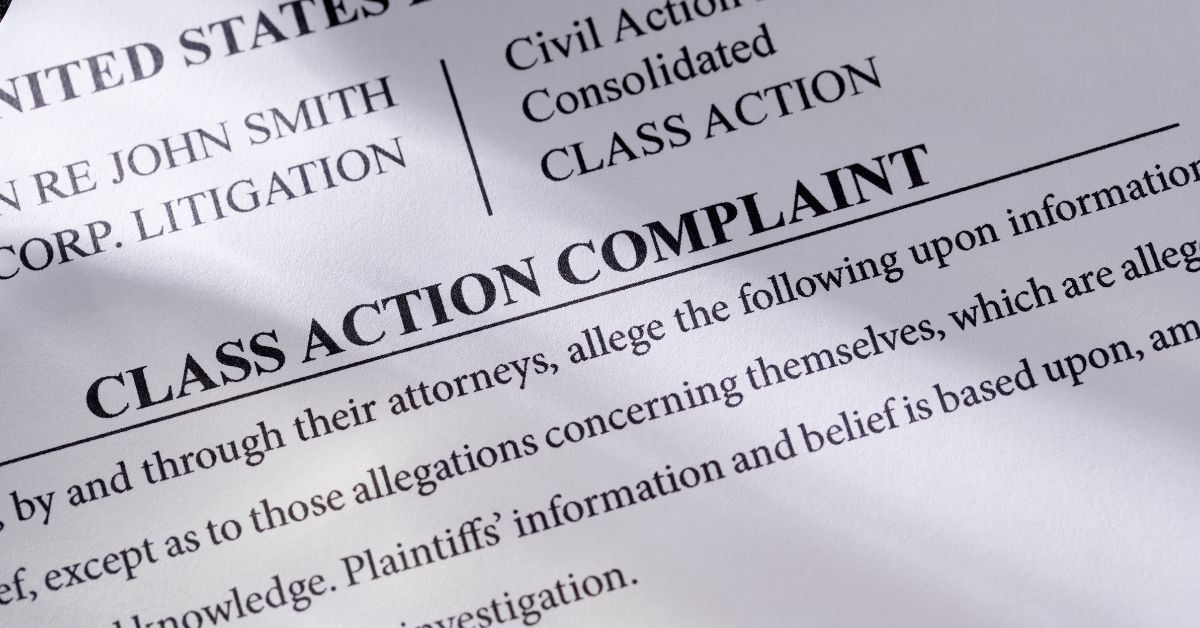How To Sue A Company For Unfair Treatment
How To Sue A Company For Unfair Treatment What Can Lead to Legal Action Against Your Employer? Numerous federal and state employment laws exist to safeguard the rights of employees and ensure fair treatment by their employers. When employers violate these laws, affected employees have the option to pursue legal action against them.
Common Reasons to Sue Your Employer The following 15 employment law violations are the most common reasons for taking legal action against your employer.
- Illegal Interview Questions: Employers are prohibited from asking discriminatory questions during the hiring process, such as inquiries related to pregnancy plans, health conditions, disabilities, ethnic backgrounds, religion, or sexual orientation.
- Employment Discrimination: In California, it is illegal for employers to harass or discriminate against employees based on their age, disabilities, gender, national origin, pregnancy, race, religion, sex, or sexual orientation. Employees who experience adverse employment actions due to their protected status, like harassment or unjust disciplinary measures, may have grounds for a lawsuit.
- Discriminatory Discipline & Retaliation: Unjust disciplinary actions motivated by discrimination against a protected class or as retaliation for engaging in a protected activity, such as reporting unsafe working conditions, can be a basis for legal action.
- Wrongful Termination: While California follows at-will employment principles, employers cannot terminate employees for being part of a protected class or engaging in protected activities like filing complaints, participating in investigations, taking medical leave, filing a worker’s compensation claim, or fulfilling jury duty.
- Failure to Accommodate Medical Disability Requests: Employers are obligated under the Americans with Disabilities Act to provide reasonable accommodations for employees with disabilities, unless it causes undue hardship. The Family Medical Leave Act grants employees the right to unpaid leave for medical recovery or caregiving, and employers failing to provide these may face legal action.
- Wage & Hour Violations: Employers must adhere to laws like the Fair Labor Standards Act, ensuring accurate compensation for all hours worked. Violations can lead to legal action.
- Unpaid Wages: Employers cannot dock pay as punishment or reduce it below minimum wage or overtime rates. Additionally, employees should not be required to work off the clock, and they must be compensated for unauthorized extra hours or overtime.
- Illegal Wage Deductions: Employers in California can only deduct specific expenses from an employee’s wages, like income tax or court-ordered garnishments. Deductions for gratuities, photographs, uniforms, and business expenses are not permitted.
- Working Off the Clock: Employers are forbidden from requesting that employees work off the clock, and all hours worked must be properly compensated.
- Overtime Violations: California requires employers to pay nonexempt employees specific overtime rates. Failure to provide overtime pay can lead to legal action.
- Break Violations: California mandates meal breaks for every 5 hours worked, during which employees should not be required to perform any work. Employers not providing these breaks or scheduling them late may face penalties.
- Employee Misclassification: Employers sometimes misclassify employees as exempt or independent contractors to avoid overtime laws or benefits. It’s important to know your employment classification and rights.
- Workplace Harassment: Employers must maintain a workplace free of harassment. Discriminatory or retaliatory actions motivated by discrimination or retaliation for protected activities may lead to legal claims.
- Sexual Harassment: Workplace sexual harassment involves severe or consistent unwanted sexual conduct. Isolated incidents may not qualify, but persistent behavior like explicit jokes or threats can result in legal action.
- Retaliation: Employers cannot retaliate against employees for engaging in protected activities, such as reporting discrimination or participating in investigations. Retaliation can take various forms, including reduced hours, demotion, write-ups, suspension, or termination.
Can You Sue Your Employer for Emotional Distress? Emotional distress stemming from your employer’s actions, whether due to their negligence or deliberate behavior, can be grounds for legal action. There are two types of emotional distress:
- Negligent Infliction of Emotional Distress: This occurs when an employer’s negligence directly results in an employee suffering emotional distress.
- Intentional Infliction of Emotional Distress: This happens when an employer deliberately engages in extreme and outrageous conduct, causing emotional distress to the employee.
Can You Sue an Employer for an Employee’s Actions? Employers have a duty to protect their employees from harmful behavior by coworkers. If the employer knew about the behavior or should have known, knew the employee was suffering harm, and failed to take action, you may be able to sue your employer for your coworker’s conduct. Detailed written complaints to your human resources department are crucial in such situations.
Before Suing: Explore Alternatives to Litigation Employment lawsuits should typically be a last resort. First, attempt to resolve issues internally by making formal written complaints to human resources. Government agencies like the Department of Labor, the Equal Employment Opportunity Commission, and the Department of Fair Employment and Housing (California Civil Rights Department) can provide assistance. Additionally, consider alternatives to litigation, such as arbitration, mediations, or settlement negotiations, which can be less adversarial.
Read More : How Long Do You Have To Sue An Estate
Steps to Take If You Decide to Sue Before filing a lawsuit, ensure you have a valid claim with supporting evidence. To strengthen your case:
- Verify the Existence of a Legal Violation: Ensure that your employer’s actions constitute a violation of employment laws.
- Check for Others Affected: Determine if other employees belonging to the same demographic group are facing similar treatment, as multiple victims can bolster your case.
- Gather Credible Witnesses: Coworkers who have witnessed incidents can provide valuable testimony.
- Document Everything: Maintain records of requests, complaints, emails, and performance reviews. Communicate in writing, such as via email, for documentation purposes. Save text messages or chat conversations.
- Expect Scrutiny: Employers may attempt to justify their actions or shift blame onto the employee. Be prepared for scrutiny of your actions and conduct.
- Consider Workplace Dynamics: Suing your employer while still working there can create workplace tensions and unintended consequences. Weigh all options and consult with an attorney to determine the best course of action.
- Define Your Desired Outcome: Understand what you hope to achieve through the lawsuit, whether it’s compensation for lost wages or holding the company accountable for wrongdoing.
- Accept Possible Outcomes: Lawsuits are uncertain, and even with a strong case, success is not guaranteed. Be prepared for various outcomes, including accepting a fair settlement.
How to Sue Your Employer To file a claim against your employer, you typically need a Right to Sue letter from the Equal Employment Opportunity Commission. It’s crucial to find an experienced employment attorney who can guide you through the process, explain relevant laws and your rights, identify required evidence, file necessary paperwork, and represent you in negotiations or court proceedings.
Why You Need an Employment Lawyer Navigating the legal system can be complex. An attorney can provide guidance, explain laws, assess your case’s strength, gather evidence, file paperwork, and negotiate on your behalf. If you’re considering legal action against your employer, consult an employment lawyer to improve your chances of a successful outcome.
Read More : Can I Sue If I Signed An Arbitration Agreement
Contact Mesriani Law Group for Employment
Law Violations Employees have a right to fair treatment by their employers, and numerous laws protect those rights. When employers violate these laws, accountability is essential. Pursuing a claim against an employer





